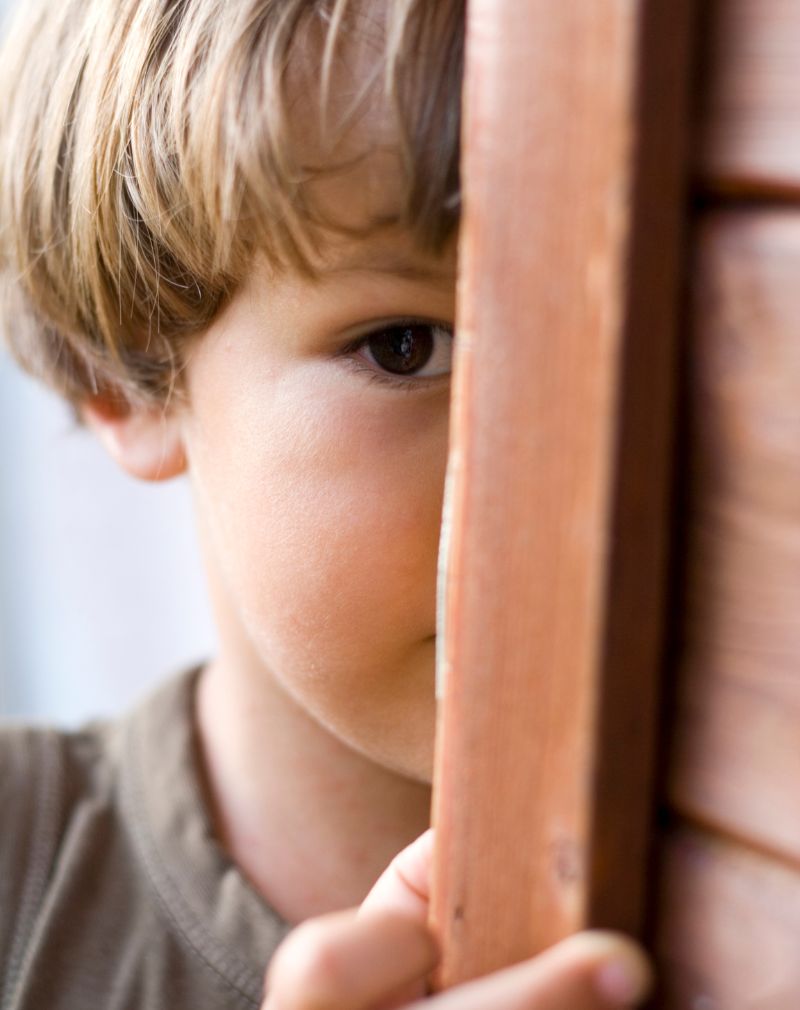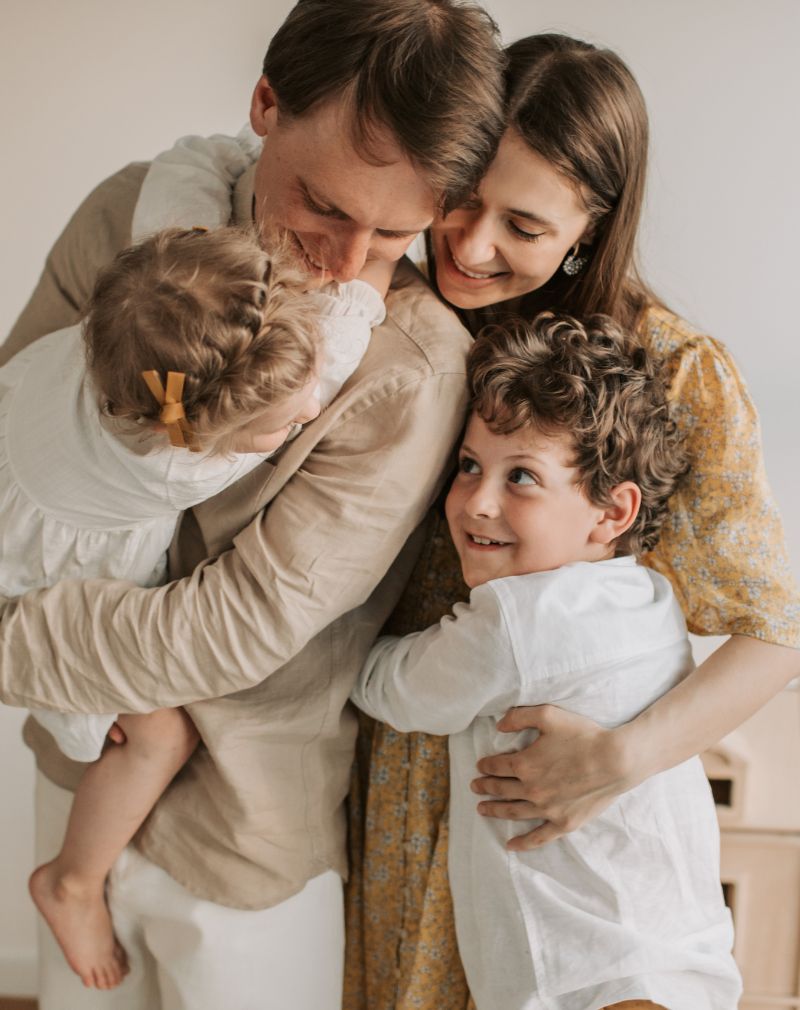One in three children struggle to put their feelings into words. They cry, withdraw, or act out because they can’t say “I’m scared” or “I’m sad.” We often call it misbehavior, but it’s really a missing language, the language of emotion.
In Dubai’s fast-paced, achievement-driven world, children learn early to stay strong instead of speaking up. They see adults hiding stress behind smiles and think silence is strength. It isn’t. It’s pressure that grows quietly until it hurts.
Here’s the truth: when a child learns to talk about feelings, everything changes. They think clearer, connect better, and handle life with more confidence. At The American Wellness Center in Dubai Healthcare City, our Child Psychology Department helps children find those words safely, before silence becomes struggle.
The Science Behind Emotional Expression
A child’s emotional world begins to form long before they can explain it. Between ages three and seven, the brain starts connecting the centers that manage feelings with the ones that handle words. That’s when children begin learning the difference between “mad,” “sad,” and “scared.”
When a child learns to name what they feel, something powerful happens. Studies show they’re almost 40% less likely to develop long-term anxiety or anger problems. Naming turns chaos into clarity helps them pause before reacting.
These emotional skills build more than peace at home. They strengthen brain pathways that support empathy, focus, and social connection.
Children who talk about their feelings don’t just behave better; they thrive in school, make stronger friendships, and bounce back faster from challenges.
- Feelings that are named lose their power to overwhelm.
- Every time a child finds the right word, the brain learns calm.
- Emotional vocabulary is not softness; it’s strength in training.
Why Children Struggle to Talk About Feelings
Most children aren’t silent because they don’t care. They’re silent because they can’t find the words. A child may cry or act out simply because “sad” or “worried” aren’t in their toolbox yet.
Many grow up hearing “be strong” more often than “tell me what’s wrong.” They see parents holding back tears and believe that emotions are private battles, not shared experiences. That’s not weakness, it’s silence.
UNICEF reports that nearly half of parents say their children find it hard to talk about emotions at home. When that happens, the feelings don’t disappear. They shift shape; turning into stomachaches, irritability, or quiet withdrawal.
- A child who says “nothing’s wrong” may be asking, “Is it safe to talk?”
- Emotional silence isn’t calm, it’s pressure building quietly.
- Children copy what they see more than what they hear.
Simple Ways to Encourage Emotional Conversations at Home
You don’t need special training to help your child talk. You just need consistency, patience, and honesty. The goal isn’t to fix their feelings, it’s to listen to them.
- Name the feeling, not the behavior.
Try saying, “You seem upset that playtime ended,” instead of “Stop crying.” It teaches your child that the feeling is valid, even if the action isn’t. - Model honesty.
When parents share simple emotions; “I feel nervous about my meeting”, children learn that feelings aren’t weakness. They’re part of being human. - Create safe daily check-ins.
Bedtime chats, car rides, or a small “feelings jar” can open doors that long talks can’t. Little moments matter most. - Use stories and play.
Storytelling helps children recognize emotions in others and themselves. Studies show it can boost emotional vocabulary by almost a third. - Stay calm and validating.
Your tone teaches more than your words. When you stay composed, you tell your child, “It’s safe to feel.”
The Long-Term Benefits of Talking About Feelings
When a child learns to talk about what they feel, something changes quietly but permanently. The brain starts wiring calm before chaos. That’s not poetic; it’s biology.
Children who grow up naming their emotions develop stronger self-control and deeper empathy. They understand others faster, and they bounce back quicker when life hits hard. Emotional expression becomes their armor and their anchor.
Research shows these children have clearer thinking, fewer breakdowns, and better grades. They’re not just happier kids; they become steadier adults who don’t crumble at the first sign of stress.
- A child who can say “I’m angry” is less likely to act out.
- A child who can say “I’m scared” is already halfway to feeling safe.
- Emotional awareness in childhood becomes emotional resilience in adulthood.
These are not abstract wins. They’re measurable. Adolescents who talk about emotions score higher in emotional intelligence, show fewer symptoms of depression, and build stronger friendships. The earlier they learn, the better they live.
When Children Still Don’t Open Up
Even the most loving home can hit a wall. You do everything right, listen, reassure, stay patient and your child still won’t talk. That silence is not defiance. It’s a signal.
Some children carry heavier loads than words can handle. Stress, trauma, or developmental differences can lock the door on expression.
You’ll see it in their bodies before their words. The quiet ones who suddenly get sick often. The ones who fight for control because it’s the only control they feel.
Watch for the patterns that whisper trouble:
- Withdrawal that lasts more than a few weeks.
- Physical pain with no clear cause—stomachaches, headaches, fatigue.
- Sudden mood swings or unexplained anger.
- Sleep or eating habits that shift without reason.
If your child is still holding back, it may be time to bring in support. At The American Wellness Center in Dubai Healthcare City, our Child Psychology Department helps children find their voice again; gently, safely, and at their own pace.
Because no child should carry emotions they don’t know how to name.
When Silence Starts to Speak
Every child has a moment when silence becomes too heavy. You can see it in their eyes, the pause before they answer, the way they say “I’m fine” a little too quickly. That silence is not harmless. It’s the start of a wall being built, brick by brick.
We’ve seen too many families wait for that wall to crumble on its own. It never does. It only grows higher, harder, until connection becomes work instead of instinct.
Talking about feelings isn’t a soft skill. It’s survival. It’s how a child learns to face fear instead of hide from it, how they learn that being vulnerable isn’t weakness; it’s courage with a voice.
At The American Wellness Center in Dubai Healthcare City, we help children find that voice again. Not by forcing words, but by creating safety, curiosity, and trust. Because when a child feels understood, healing follows naturally.
- A quiet child isn’t fine just because they’ve stopped crying.
- Listening early prevents hurting later.
- You don’t need to have the answers, you just need to start the conversation.
If you’ve read this far, you already care enough to make a difference. Let us walk beside you. Let’s help your child find the words that make their world feel safe again.



